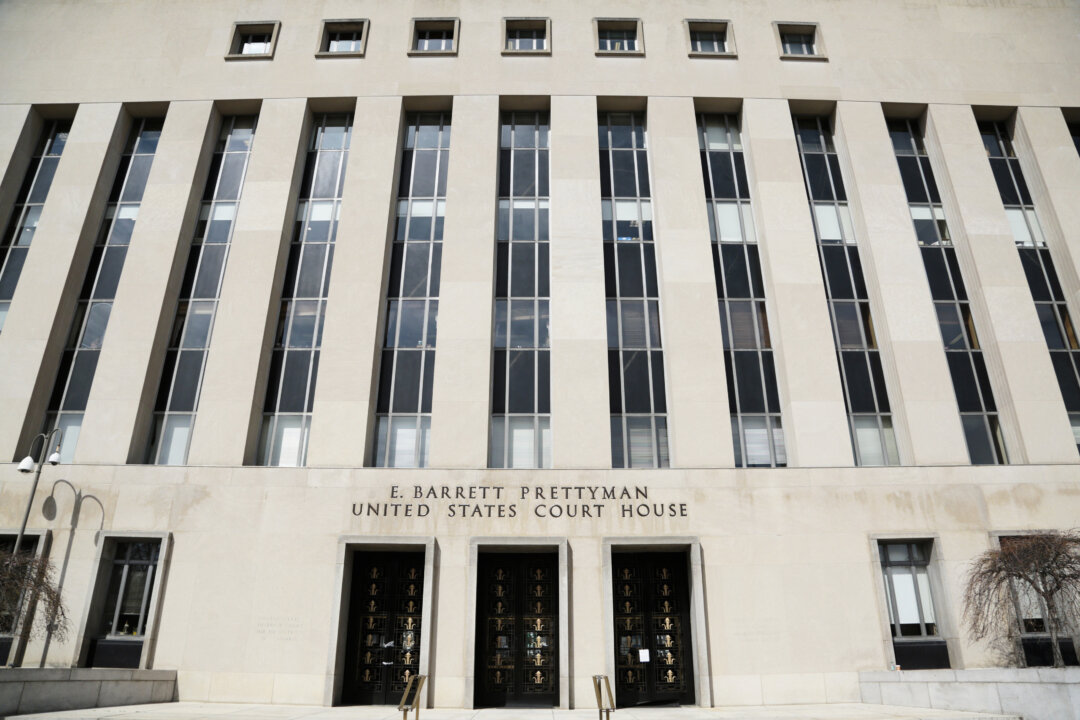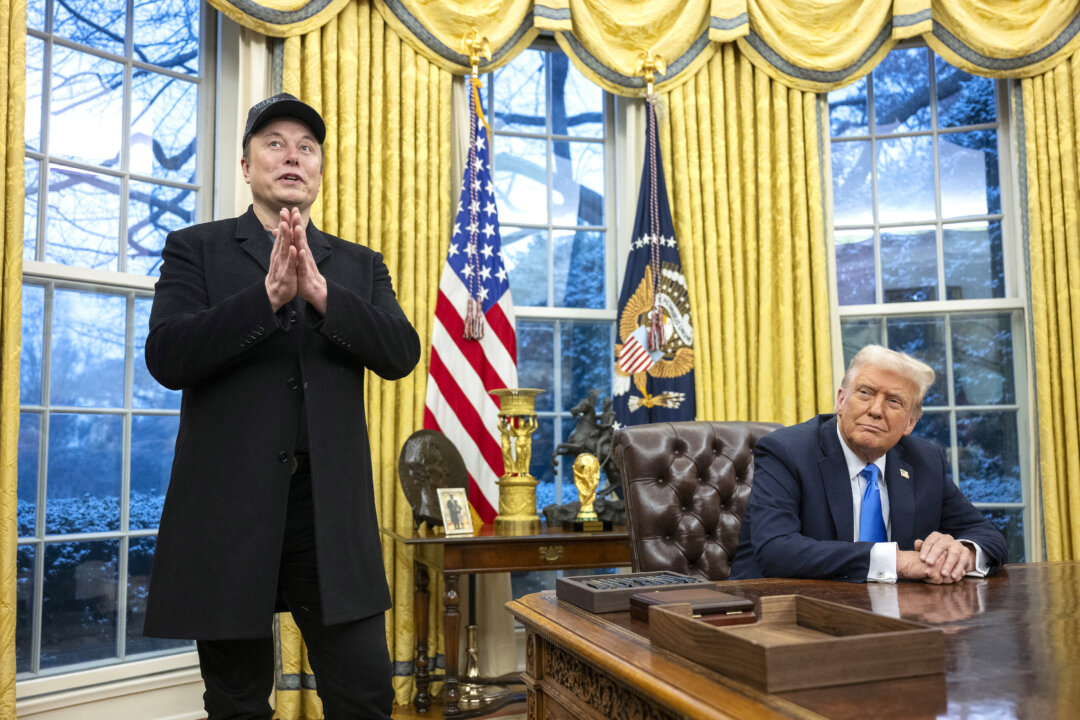

When Serena Williams won the gold medal during the 2012 Olympics, the tennis star celebrated with the crip walk — a dance move that was popularized by California gangsters.
Thirteen years later, Williams took the stage during the Super Bowl halftime show alongside rapper Kendrick Lama and performed the crip walk again. While Jason Whitlock of “Fearless” is far from amused by the display, the hosts of "The View" are lauding the performance as a celebration of “black culture.”
“When she did the same crip walk after she beat Sharapova in the 2012 Olympics, she did that walk then, and it was on Wimbledon grass, and everyone said that it was disrespectful,” Sunny Hostin began.
“What she was doing was being her authentic self, an homage to her roots from Compton, and it was black joy and black excellence. You’ve got the greatest female athlete of all time coming out and enjoying it,” Hostin continued, adding, “This was about Serena being her authentic self and being the essence of black culture.”
“I don't know Sunny Hostin’s background, it’s probably similar to Serena in terms of probably a disconnect from the hood culture that she’s trying to attach herself to,” Whitlock says.
When Whitlock initially saw the clip from "The View," he was “stunned” that everyone “seemed to be in agreement” that crip walking was representative of black culture.
“Can they honestly believe this? Or is this just what they have to say to survive on television?” he asks guest Delano Squires.
“I think it depends on who you ask and in what context you ask it. I’ll say it this way. When a black artist is winning awards, let’s say Beyonce winning a Grammy for her country album or a black athlete is winning an award or a Super Bowl or whatever the case may be, then I think black folks are like, ‘Yes, this is for the culture, this is a win,'” Squires tells Whitlock.
“But when a hip-hop artist is being criticized for the content that they put out there, for the guns, the murder, the ops, the drugs, the degradation and disrespect for women, then that same person will say, ‘Oh no, that’s not black culture, that’s hip-hop, that’s that particular individual,'” he continues.
“I think that dichotomy lives in almost all of us and certainly in the people who are talking heads and have the platforms on TV and mainstream media,” he adds.
Want more from Jason Whitlock?
To enjoy more fearless conversations at the crossroads of culture, faith, sports, and comedy with Jason Whitlock, subscribe to BlazeTV — the largest multi-platform network of voices who love America, defend the Constitution, and live the American dream.
.png)
 5 days ago
10
5 days ago
10















 English (US)
English (US)